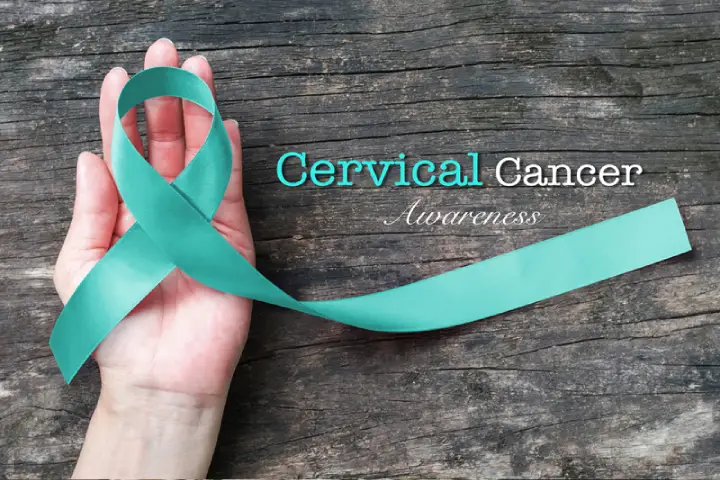

Cervical cancer: Till what age can one take HPV vaccine?
While 9 to 14 is the right age to take the HPV vaccine, women who missed the jabs at the recommended age can still have some protection against cervical cancer, said experts on Monday.
Human papillomavirus (HPV) is a very common infection and high-risk strains are known to cause cervical cancer. India accounts for 1 in every 5 or 21 per cent of cervical cancer cases, according to a recent study published in the journal The Lancet Global Health. The cancer also causes almost one in every four or 23 per cent deaths in the country.
The HPV vaccine is most effective when given to adolescents between 9 to 14 years of age. Yet it is still recommended for up to 45 years of age, the experts told IANS.
“It is crucial for every girl to receive the cervical cancer vaccination between the ages of 9 to 26, as it is most effective when administered before the onset of sexual activity. This vaccine protects against the HPV strains responsible for cervical cancer. However, even individuals beyond the age of 26 and maximum till 45 may benefit from the vaccine, particularly if they have not been previously exposed to HPV,” Dr Chetna Jain, Director Dept of Obstetrics & Gynecology, Cloudnine Group of Hospitals, Gurugram, told IANS.
“Today, younger generations are becoming sexually active with multiple partners at earlier ages, highlighting the importance of vaccination. If the cervical cancer vaccine is administered after the recommended age range, girls and women may still benefit from protection against certain HPV strains. Nonetheless, the vaccine’s efficacy may reduce with an increased risk of HPV exposure,” she added.
Dr. Rinku Sen Gupta Dhar, Obstetrician and Gynaecologist at Madhukar Rainbow Children’s Hospital, Delhi, said that individuals who have missed the recommended age limit can still benefit from the vaccine. “The upper age limit for HPV vaccine is 45,” the doctor told IANS.
The doctors stressed the importance of regular cervical cancer screenings remain crucial for early detection and prevention, regardless of vaccination status.
Dr. Rinku explained that HPV infection, which is often symptomless, can persist for years and can lead to cancer if not addressed.
Taiwan's military is prioritising combat readiness as a key aspect of deterrence due to escalating…
Calling for an increase in the speed of development, Prime Minister Narendra Modi said on…
The Scottish Government has reaffirmed its commitment to supporting religious freedom and human rights for…
Tara Chand Baloch, the President of the Baloch American Congress and a former Cabinet minister…
In a groundbreaking study, researchers from McGill University have identified nine biological markers in the…
India, in a firm and unequivocal statement at the United Nations Security Council (UNSC), accused…